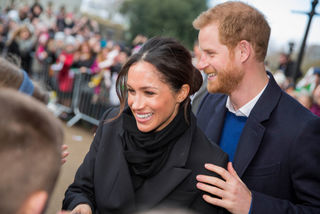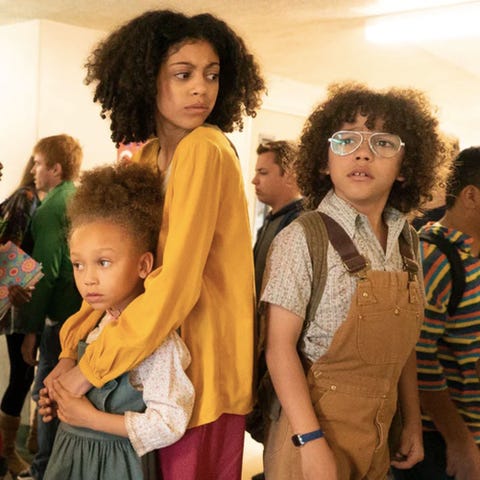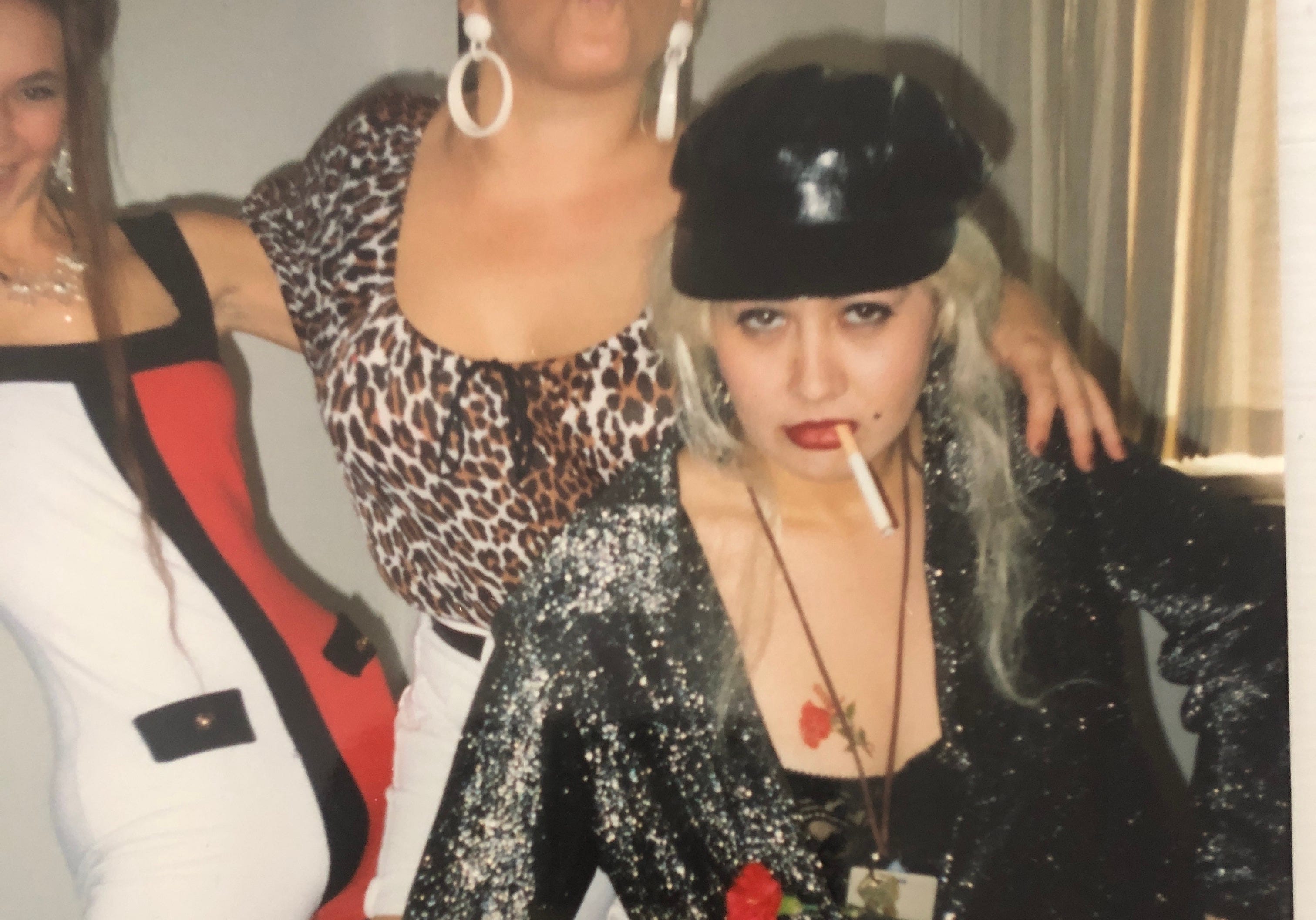‘Please don’t get a tan’: passing as white in Hong Kong is a reward for hard work you didn’t doPosted in Articles, Asian Diaspora, Autobiography, Identity Development/Psychology, Media Archive, Passing on 2019-11-21 15:36Z by Steven |
‘Please don’t get a tan’: passing as white in Hong Kong is a reward for hard work you didn’t do
Hong Kong Free Press
2018-11-04

Photo: Sarah Denise Moran.
Twenty-six years ago, my Filipino mother left behind everything familiar to work abroad as a domestic helper. Around the same time, my British father also left his home country in search of better opportunities.
Then in 1995, I won the lottery of birth by being born in Hong Kong to a British father and a Filipino Mum. That day, I gained a British passport, white skin, and a lifetime of privilege.
I grew up in local schools in Hong Kong. I can speak, read, and write Chinese fluently and half of my friends are Chinese. Which is why despite not being Chinese in Hong Kong, I never felt like I was different or didn’t fit in.
Until this one time, when I was seven years old, my teacher started explaining to the class how the Chinese term gwai mui (literally ghost girl in Cantonese, used to describe western females) came about. Apparently, when Westerners arrived in China for the first time, Chinese people thought they were so white, they could almost be ghosts.
Being the only foreigner in a local Chinese school, I was naturally the “ghost girl” in class. What followed was a week of my classmates shying away from me, and occasional gwai mui remarks. That was the first time I realised skin colour meant something, and my only close-to-negative experience from being white-passing in Hong Kong…
Read the entire article here.








